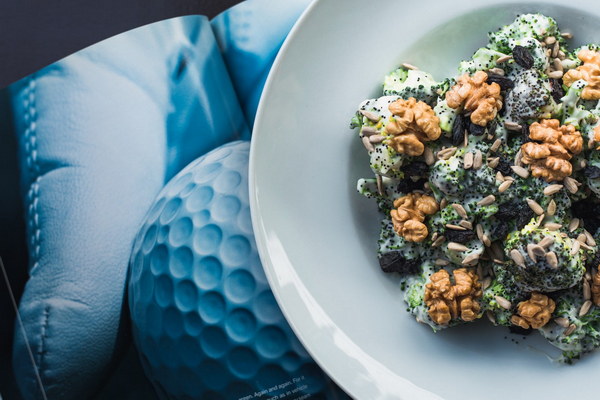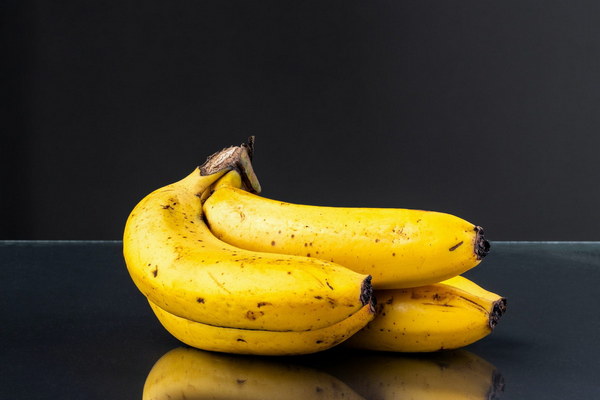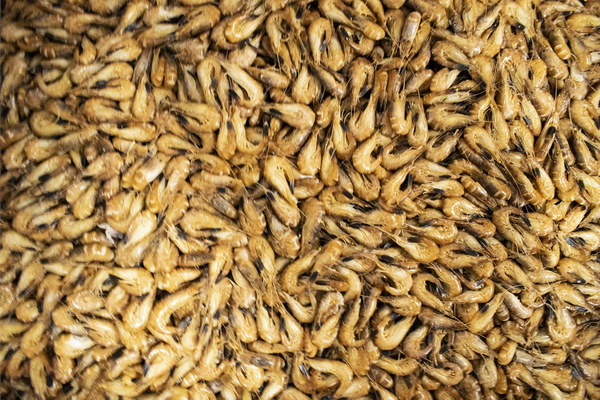Can Traditional Chinese Herbs for Tonifying Qi and Blood Treat Uterine Prolapse
Introduction:
Uterine prolapse, a condition where the uterus descends from its normal position into the vagina, is a common health issue among women, especially those who have given birth. Traditional Chinese medicine (TCM) offers a unique perspective on the treatment of this condition, utilizing herbal remedies that focus on tonifying Qi and blood. This article aims to explore whether these herbal remedies can effectively treat uterine prolapse and the scientific basis behind this approach.
Understanding Uterine Prolapse:
Uterine prolapse occurs when the ligaments, muscles, and tissues supporting the uterus weaken, allowing the uterus to drop into the vagina. This condition can be caused by factors such as childbirth, aging, obesity, and chronic coughing or constipation. Uterine prolapse can lead to discomfort, pain, and even urinary or fecal incontinence.
The Role of Qi and Blood in TCM:
In traditional Chinese medicine, Qi (vital energy) and blood are considered the fundamental substances that maintain health and vitality. Qi is believed to flow through the body, providing energy to all organs and tissues, while blood nourishes the body, supporting growth, development, and repair. When Qi and blood are deficient or imbalanced, various health issues may arise, including uterine prolapse.
Traditional Chinese Herbs for Tonifying Qi and Blood:

TCM utilizes a wide range of herbal remedies to tonify Qi and blood, aiming to restore balance and promote healing. Some commonly used herbs in the treatment of uterine prolapse include:
1. Ginseng (Panax ginseng): Known for its energy-boosting properties, ginseng can help strengthen the body's overall Qi and support the immune system.
2. Astragalus (Astragalus membranaceus): This herb is believed to boost the body's defense against pathogens and enhance Qi, promoting overall health and well-being.
3. Codonopsis (Codonopsis pilosula): Codonopsis is a popular herbal remedy for tonifying Qi and blood, helping to alleviate fatigue, improve stamina, and support the immune system.
4. Angelica sinensis (Dang gui): Known for its blood-nourishing properties, angelica sinensis can help regulate blood flow and improve uterine health.
5. Ligustrum lucidum (He shou wu): This herb is believed to nourish the liver, kidneys, and bones, promoting the production of blood and Qi.
Scientific Basis and Evidence:
While TCM has been used to treat uterine prolapse for centuries, scientific research on the efficacy of these herbal remedies is limited. However, some studies have suggested that certain herbal remedies may have a positive impact on the treatment of uterine prolapse.
A study published in the Journal of Ethnopharmacology in 2014 found that a combination of traditional Chinese herbs, including astragalus, codonopsis, and angelica sinensis, improved the symptoms of uterine prolapse in a group of women. Another study, published in the journal Evidence-Based Complementary and Alternative Medicine in 2015, indicated that a herbal formula containing ginseng, astragalus, and codonopsis may have a therapeutic effect on uterine prolapse.
Conclusion:
While traditional Chinese herbs for tonifying Qi and blood may offer a natural and effective treatment for uterine prolapse, further research is needed to fully understand their mechanism of action and efficacy. It is essential for women suffering from uterine prolapse to consult with a qualified TCM practitioner before starting any herbal treatment, as individual circumstances and health conditions may vary. Combining TCM with conventional medical treatments may provide the best outcomes for those struggling with this condition.









